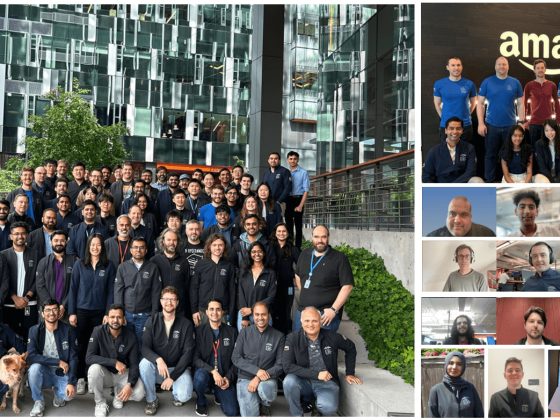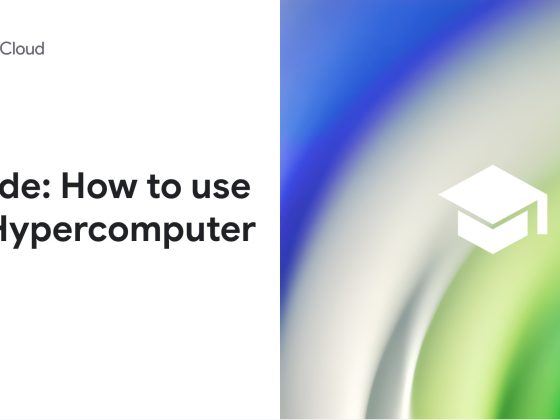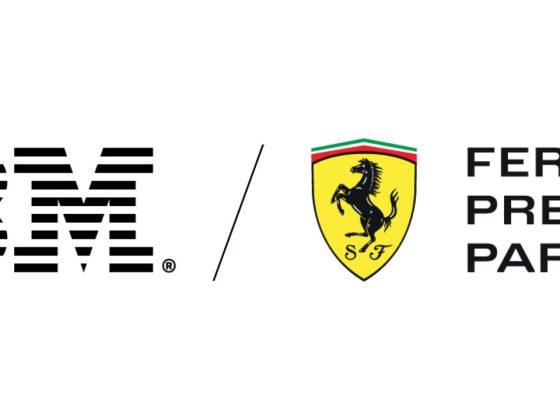Learning how to install and manage Kubernetes clusters can be a big obstacle between your organization and all the potential magic of a container orchestration platform. You have to consider tasks like provisioning machines, choosing OS and runtime, and setting up networking and security. Plus, integrating it all correctly and understanding it well enough to roll out new updates can take months (if not, years).
From our partners:
When adopting containers, you should always ask yourself: Does my startup or tech company have the skills, resources, and time to maintain, upgrade, and secure my platform?
If the answer is no, you can instead use a fully-managed Kubernetes service. If you’re on AWS, that would mean EKS. If you’re on Azure, that will mean AKS. And if you’re on Google Cloud, that will mean Google Kubernetes Engine (GKE).
This post examines the benefits of managed container platforms covered in our recent whitepaper, “The future of infrastructure will be containerized,” which is informed by our work with startups and tech companies choosing Google Cloud.
The benefits of embracing managed services
Going for a fully-managed service has many positive implications for your business that can help you keep moving forward as efficiently as possible.
Firstly, a fully-managed container service eliminates most of the Kubernetes platform operational overhead. For instance, GKE offers fully-integrated IaaS ranging from VM provisioning of Tau VMs, autoscaling across multiple zones, and on-demand upgrades for GPUs, TPUs for machine learning, storage volumes, and security credentials. Simply put your application into a container and select the system that works best for your needs.
If you don’t want the responsibility of provisioning, scaling, and upgrading clusters, you can opt for the production-ready GKE Autopilot mode that manages your cluster infrastructure, control plane, and nodes.
For cases where you don’t need total control over container orchestration and operations, you can simplify app delivery by leveraging a managed serverless compute platform like Cloud Run. While GKE is a fully-managed service, you still need to think about key decisions, such as which zones to run in, where to store logs, and how to manage traffic between different application versions. Cloud Run eliminates all of those decisions, allowing you to run cloud native workloads and scale based on incoming requests without having to configure or manage a Kubernetes cluster. Using Cloud Run also lets your teams focus on more impactful work: developers can focus more on writing code; and rather than dedicating lots of time to automation or operational tasks, DevOps engineers and cloud system admins can instead focus on application performance, security, compliance, API integration.
Beyond easing the management of containers, managed services also help ease other aspects of operating in today’s modern digital world, such as the increasing need to operate in multiple clouds. Being able to mix and match providers that work best for individual workloads is key for making the best use of existing assets, increasing flexibility and resilience, and leveraging new technologies and capabilities in the future.
And when it comes to implementing a multicloud strategy, the migrations that work best are those that leverage open standards.
Let’s say, for example, that AWS is your cloud provider for your VMs. You can manage and maintain any Kubernetes clusters you have, no matter where they are, using GKE Connect. And because GKE has a provider-agnostic API, you can build tooling and workflows once and deploy them across multiple clouds while making updates from a single, central platform.
With Kubernetes, your startup or tech company can save huge amounts of time on deployments and automation without having to build and maintain separate infrastructures for each individual cloud provider.
Always be building towards an open future
Containers and managed services based on open standards are a powerful combination that allow you to take advantage of best-of-breed capabilities on any platform, while simultaneously standardizing skills and processes.
As a leader at a startup or tech company, you’re always looking for ways to move faster, work more efficiently, and make the most of the technical talent you have. You want to spend more time on roadmap priorities and spend the minimum amount of resources on maintaining your infrastructure. When you choose open platforms and technology, you are ensuring that your team and business will have a front-row seat to cutting-edge innovations that will deliver new ways to build great products. Plus, developers and engineers want to work with systems and projects where they can have transferable versus proprietary systems, and where they can enrich their career development.
To learn more about how containers and Kubernetes can help you get to market faster, we highly recommend reading our previous post on this whitepaper, and for a deeper dive into how managed containers can help streamline app development in the cloud, read the full whitepaper. To learn more about how startups and tech companies are working with Google Cloud, check out this post or visit the Google Cloud page for startups and tech companies.
By: Fer De Oliveira (Head, Serverless Scale Specialist, NorthAM)
Source: Google Cloud Blog
For enquiries, product placements, sponsorships, and collaborations, connect with us at [email protected]. We'd love to hear from you!
Our humans need coffee too! Your support is highly appreciated, thank you!








